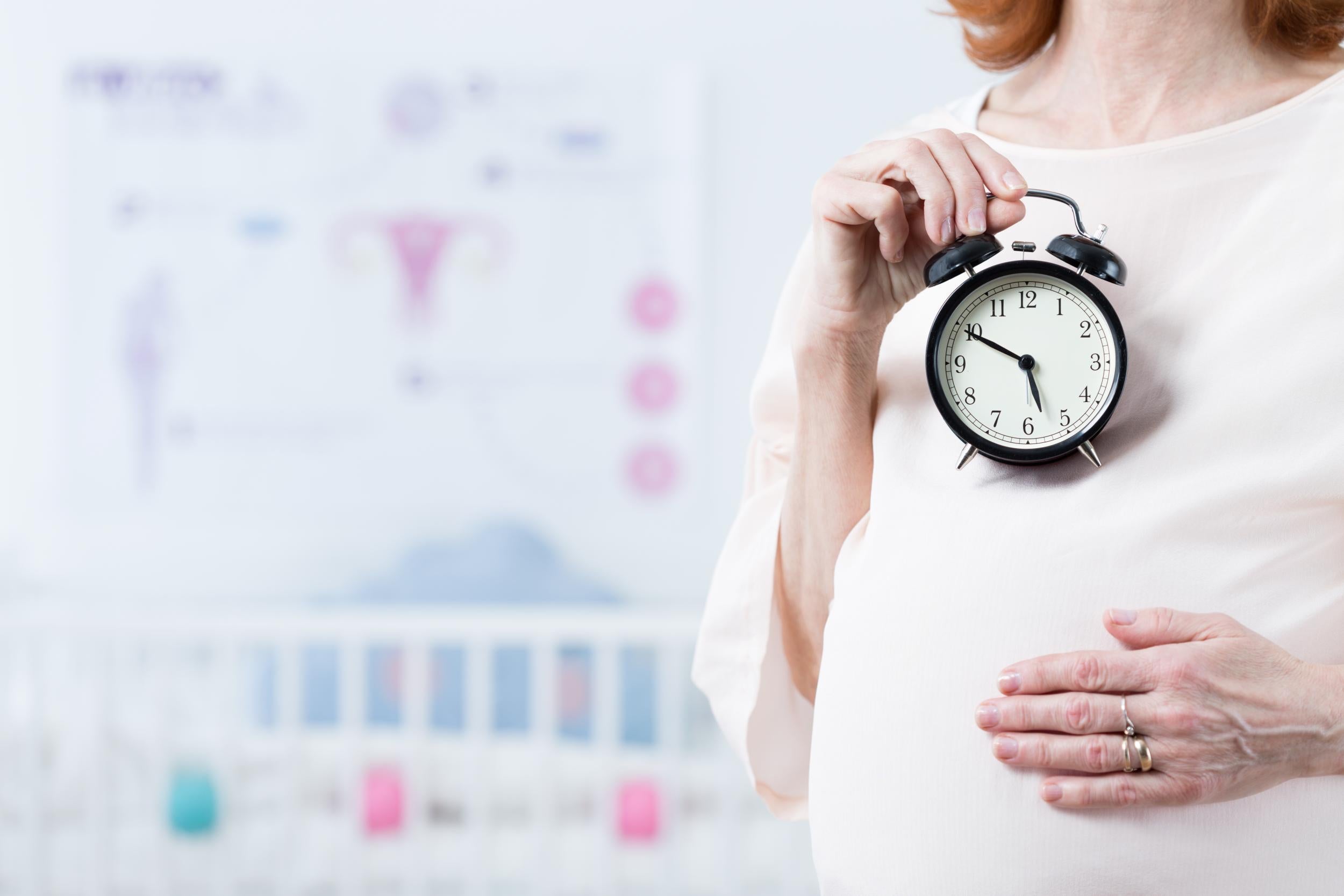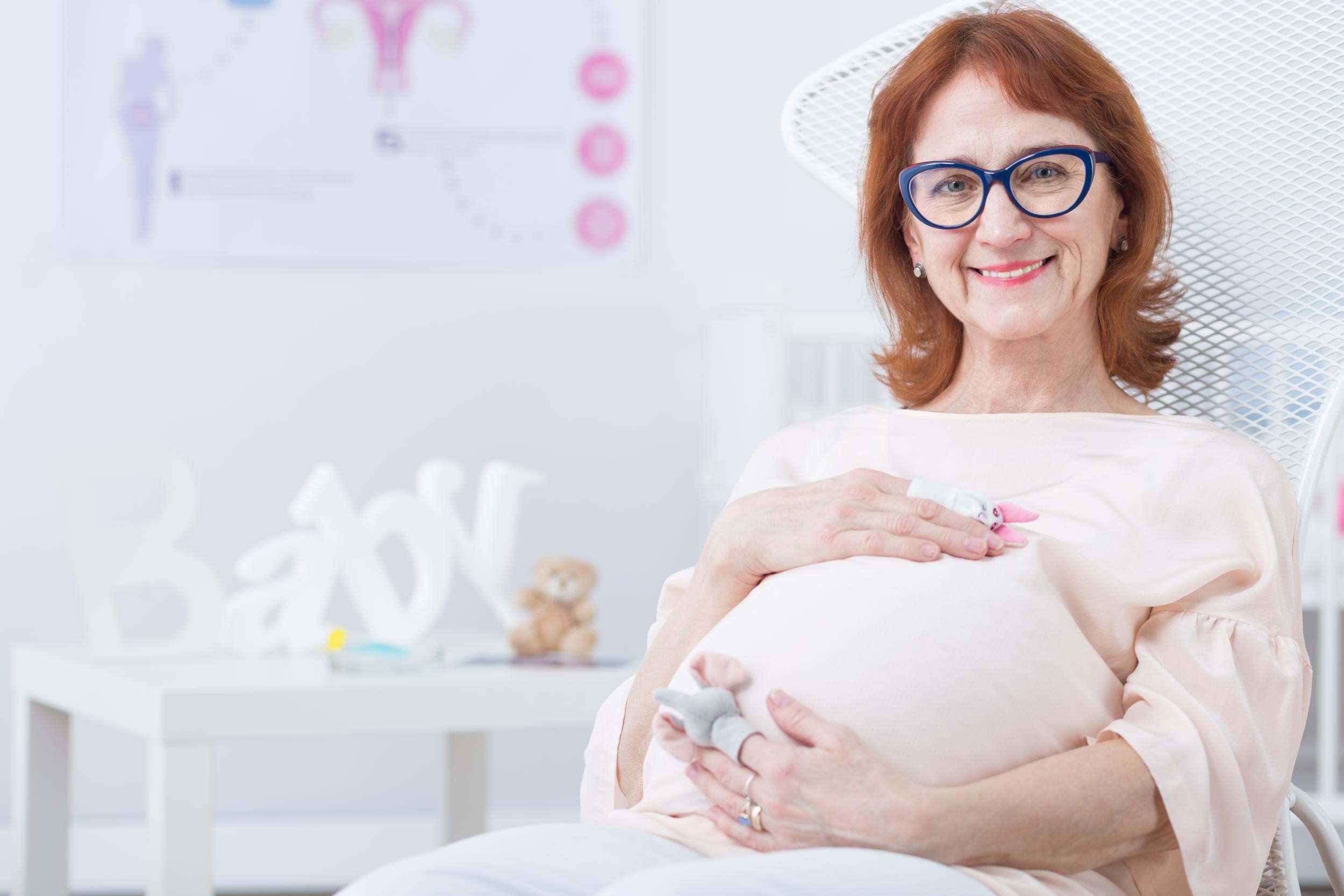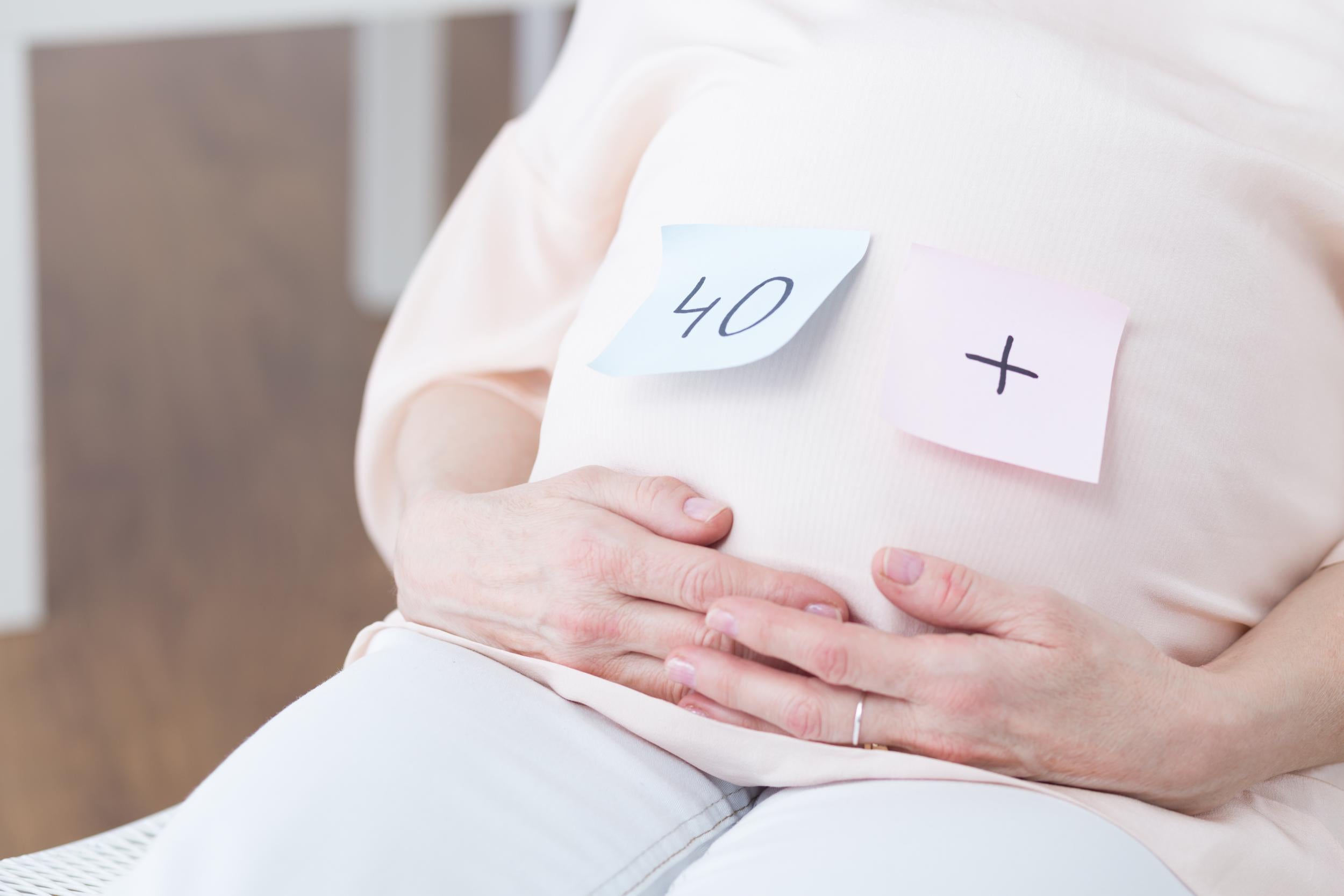Daughters of older mothers more likely to never have children, new research suggests
New research suggests a disturbing link

Your support helps us to tell the story
From reproductive rights to climate change to Big Tech, The Independent is on the ground when the story is developing. Whether it's investigating the financials of Elon Musk's pro-Trump PAC or producing our latest documentary, 'The A Word', which shines a light on the American women fighting for reproductive rights, we know how important it is to parse out the facts from the messaging.
At such a critical moment in US history, we need reporters on the ground. Your donation allows us to keep sending journalists to speak to both sides of the story.
The Independent is trusted by Americans across the entire political spectrum. And unlike many other quality news outlets, we choose not to lock Americans out of our reporting and analysis with paywalls. We believe quality journalism should be available to everyone, paid for by those who can afford it.
Your support makes all the difference.A new study of human reproduction has shown that daughters born to older mothers are more likely to remain childless.
The conclusion comes as more and more women are choosing to wait until later in life to have children.
According to researchers at McGill University, who assessed data of more than 43,000 women, your mother's age when you were born may affect whether you have children of your own.
The new findings have been published in the journal Human Reproduction and come after initial evidence suggesting a link emerged in 2006.
However, despite proving there is a legitimate link, the researchers have been unable to conclude why the link exists.
Some evidence suggests that women who delay having children risk can damage the fertility of their daughters - the 2008 study suggested late births cause genetic damage that is passed on to daughters.

While this genetic damage has not been proven, with the study admitting, “we had no knowledge of whether childlessness was intentional,” it did prove that “the association with childlessness was highly consistent.”
The study concluded that nearly 20 per cent of women born to mothers older than 30 went on to never have children.
This is in comparison to the 13 percent who were born to teenage mothers, and the 15 percent of those born to mothers between the ages of 20 and 24.
Interestingly, the study “found weak evidence for an independent contribution of paternal age at birth to the daughter’s probability of childlessness,” meaning there was no evidence suggesting older fathers were also to blame for childless daughters.
The new evidence comes at a time when the average age for a woman to have her first child in the UK has risen to 30, with one in 25 UK births born to mothers over the age of 40.

And according to the researchers, women who have a postgraduate degree were the most likely never to have any children - however, it is unclear whether this claim is related to the age of their mothers.
Join our commenting forum
Join thought-provoking conversations, follow other Independent readers and see their replies
Comments